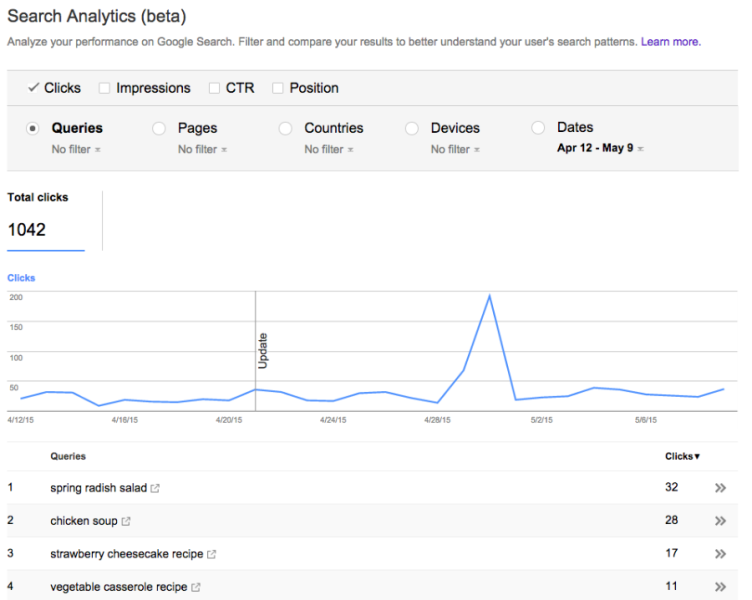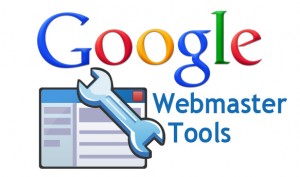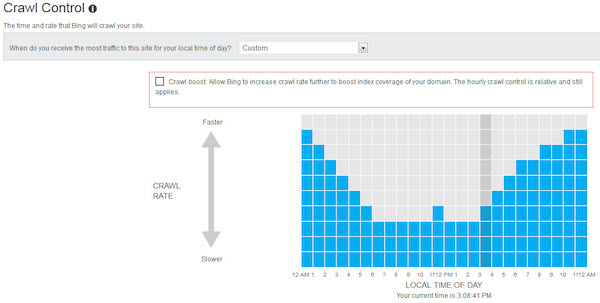Google’s changes to their SEO policies have made optimization more and more difficult over the past few years. Chris Crum at WebProNews suggests that a new study from the world’s largest search marketing-specific nonprofit trade organization SEMPO reports that SEO spending is still going strong in spite of all of the free information available on the Internet.
The 72-page report, published by Econsultancy, looked at almost 900 companies and agencies and found that, “overall, the report depicts a stable industry, without making dramatic changes.” Despite significant changes in practices through the inclusion of new tools and algorithms, the survey reports that SEO has “very much the same goals in place.”
Most survey respondents increased their SEO budgets over recent years, and as low as 2% of those responding said they did not spend money on SEO. Meanwhile, the amount of agency billing for SEO services is on the rise. SEMPCO says “a significant rise in those spending less than $100k corresponds to higher numbers across the board, with the greatest increase in the $1 to $5 million range.”
One change that is particularly interesting is the statement by SEMPCO that “survey responses show a drop in the blunt objectives of driving traffic.” However, the amount of agencies citing brand reputation as their primary objective has consistently doubled annually. This is especially clear in the paid side of the industry.
What can’t be denied after the report is the value of the search marketing industry is only rising, even when faced by the rise in popularity of social media and Google algorithm updates that force sites to be less reliant on Google.
The report makes clear the “changes to the Google algorithm affects a large percent of marketers, or at least has them concerned,” and SEMPCO also notes “87% call the updates of the last 12-18 months ‘significant or highly significant'”. Most find the changes to be positive, but some legitimate brands have felt the backlash of the hunt for spam sites. Meanwhile, there are rumors of more Google updates in the future.
Thankfully, Google offers some advice on SEO, especially when beginning to look at hiring someone: “Deciding to hire an SEO is a big decision that can potentially improve your site and save time, but you can also risk damage to your site and reputation. Make sure to research the potential advantages as well as the damage that an irresponsible SEO can do to your site.”
Google does emphasize the benefits SEO agencies can provide, such as technical advice on website development, content development, keyword research, and expertise in specific markets and geographies.
They advise “before beginning your search for an SEO, it’s a great idea to become an educated consumer and get familiar with how search engines work.” Of course, they recommend their Webmaster Guidelines and Google 101: How Google crawls, indexes and serves the web as starting points. Google also recommends hiring an SEO early in the development process. They even offer a list of questions you can ask SEOs during your hiring process.
Google’s assistance with SEO doesn’t come without it’s warnings, however. “While SEOs can provide clients with valuable services, some unethical SEO’s have given the industry a black eye through their overly aggressive marketing efforts and their attempts to manipulate search engine results in unfair ways.”
It’s Google’s suggestion to be nervous of any SEO firms or agencies that contact you out of the blue, or one that asks you to link to them. “You should never have to link to an SEO.” They also warn that no firm can guarantee you a #1 ranking.
And if Google hasn’t already made you worn out from lists of recommendations, they also offer a list of deal-breakers when investigating an SEO, such as if the SEO owns shadow domains, puts links to their other clients on doorway pages or offers to sell keywords in the address bar.
Just because Google offers lots of advice, doesn’t mean they are making it easy to get on the first page of test results. But, they are offering resources to give your site its best shot and SEO doesn’t look to be going anywhere.



 Google Webmaster Tools is usually the best friend for any webmaster trying to keep informed, but users have noticed the normally up-to-date service has not been updated in over a week.
Google Webmaster Tools is usually the best friend for any webmaster trying to keep informed, but users have noticed the normally up-to-date service has not been updated in over a week.


